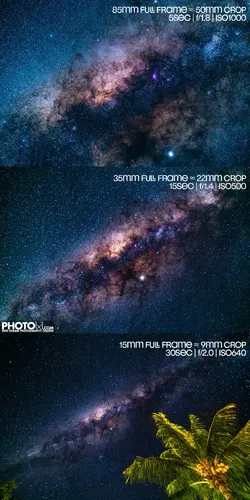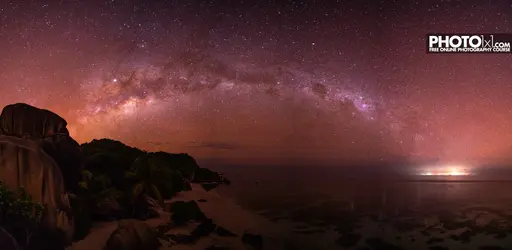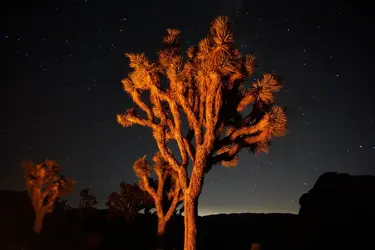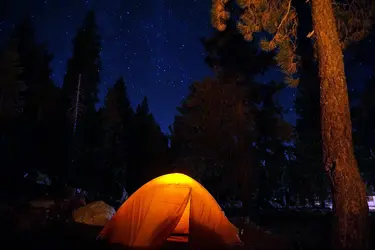Normanaus
TPF Noob!
- Joined
- Dec 9, 2019
- Messages
- 4
- Reaction score
- 5
- Can others edit my Photos
- Photos OK to edit
Hi,
I am beginner to photography and very interested in taking night sky photos. I have Sony A6000 camera and considering purchasing a wide-angle lens. From the reviews I read and my financial abilities, I narrowed it down to three choices of Rokinon lenses. Can someone help me with choosing a right one?
My understanding is that the larger the aperture , the more light will go in. I also read that longer lens will provide more detail and less noise- so does this mean 21mm f1.4 is a better option? It also has the most features to it.
I also look at specs for each lens (links provided), it seems 12mm f.2 has almost identical features as 21mm f1.4. It is also shorter, which would make it easier to travel with. My primary reason for getting a lens is to shoot night sky, but secondary (and not as critical ) would be to use the lens during everyday travels too. Should I go with that one then? Also I am not sure as to how much difference between f1.4 and f2 there would be - isn't the difference manageable by using higher ISO settings?
The 14mm f2.8 seems like a compromise between the 12 and 21mm, however I read that the wide lens it has will have be a challenge for putting filters on. So it would probably be my least favorite out of the three.
Rokinon 12mm f.2
Rokinon
Rokinon 14mm f2.8
Rokinon
Rokinon 21mm f1.4
Rokinon
Any help, suggestions or ideas on other lenses would be greatly appreciated.
Thank you
I am beginner to photography and very interested in taking night sky photos. I have Sony A6000 camera and considering purchasing a wide-angle lens. From the reviews I read and my financial abilities, I narrowed it down to three choices of Rokinon lenses. Can someone help me with choosing a right one?
My understanding is that the larger the aperture , the more light will go in. I also read that longer lens will provide more detail and less noise- so does this mean 21mm f1.4 is a better option? It also has the most features to it.
I also look at specs for each lens (links provided), it seems 12mm f.2 has almost identical features as 21mm f1.4. It is also shorter, which would make it easier to travel with. My primary reason for getting a lens is to shoot night sky, but secondary (and not as critical ) would be to use the lens during everyday travels too. Should I go with that one then? Also I am not sure as to how much difference between f1.4 and f2 there would be - isn't the difference manageable by using higher ISO settings?
The 14mm f2.8 seems like a compromise between the 12 and 21mm, however I read that the wide lens it has will have be a challenge for putting filters on. So it would probably be my least favorite out of the three.
Rokinon 12mm f.2
Rokinon
Rokinon 14mm f2.8
Rokinon
Rokinon 21mm f1.4
Rokinon
Any help, suggestions or ideas on other lenses would be greatly appreciated.
Thank you

















